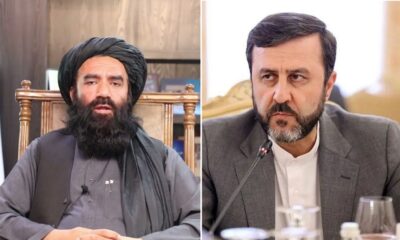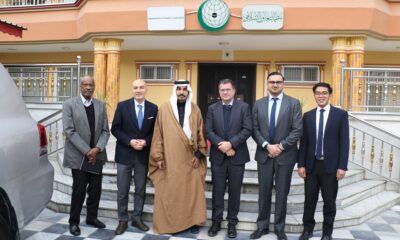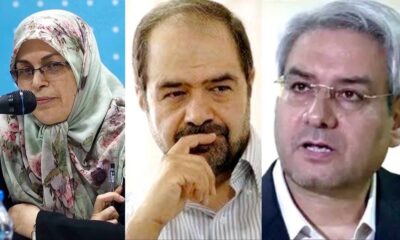Latest News
Afghanistan faces severe medicine shortage amid Forex restrictions

Afghanistan is now faced with medicine shortage due to disrupted border crossings and limited operation of banks.
Almost all medicine in Afghanistan is imported from neighboring countries, such as Pakistan, India, Bangladesh, Iran and Turkey.
However, the border crossings between Afghanistan and its neighbors were disrupted in the lead-up to the Islamic Emirate of Afghanistan’s (IEA) takeover, and normal operations are yet to resume.
Worse still, wholesalers have been unable to complete transactions due to the limited operation of banks.
“Yes, since the takeover, banks are closed [for international transactions]. As the banks are closed, we can’t transfer payments to suppliers. If we don’t transfer money to the suppliers legally, they will not be able to deliver us the medicine and prices will definitely rise. When demand is high, and supply is low, the prices naturally go up. We are facing a shortage in supply of essential medicine,” said Rohullah Alokozay, President of GPS Pharma, Reuters reported.
Officials said the number of visitors at government hospitals has increased since the change of regime. The good news is that international donors have increased their focus towards government hospitals.
“In fact, we have even more visiting patients. Fortunately, we got more attention from UNICEF and the WHO, especially, towards our hospital which is a children’s hospital. They didn’t have enough focus in the last few years, but in the last month they increased our medical supply,” said Noor ul Haq Yousufzai, president of Indira Gandhi Institute for Children’s Health.
In fact, the government hospitals didn’t have enough medical facilities in the past three to four years due to lengthy procurement processes and the problem of corruption.
Government hospitals were not able to provide medicines to patients despite the continued funding in the previous regime.
“On one hand, prices have increased, while on the other hand, the people have become poorer. This has affected the doctors, patients and the society. Even in the former regime, patients used to buy their medicine at the market. We used to prescribe the medicine. Patients were not provided even with a single pill from the hospital,” said Dr. M. Fayaz Safi, Head of Medical Doctors’ Association in Afghanistan.
Many of the problems in the health sector have been left over from the previous regime. Wahid Majrooh, former acting minister of public health in the previous government said the former Afghan authorities had tried to solve the issues in coordination with stakeholders, but efforts were unsuccessful.
“And it led us to having few or no supplies, and most of our health facilities including essential medicine, fuel, oxygen, staff salary. We have been trying to work with different stakeholders to see if we can fulfil the urgent needs, but we haven’t been able to do it successfully,” said Majrooh.
Latest News
Terrorist activities observed along Afghanistan borders, says Lavrov
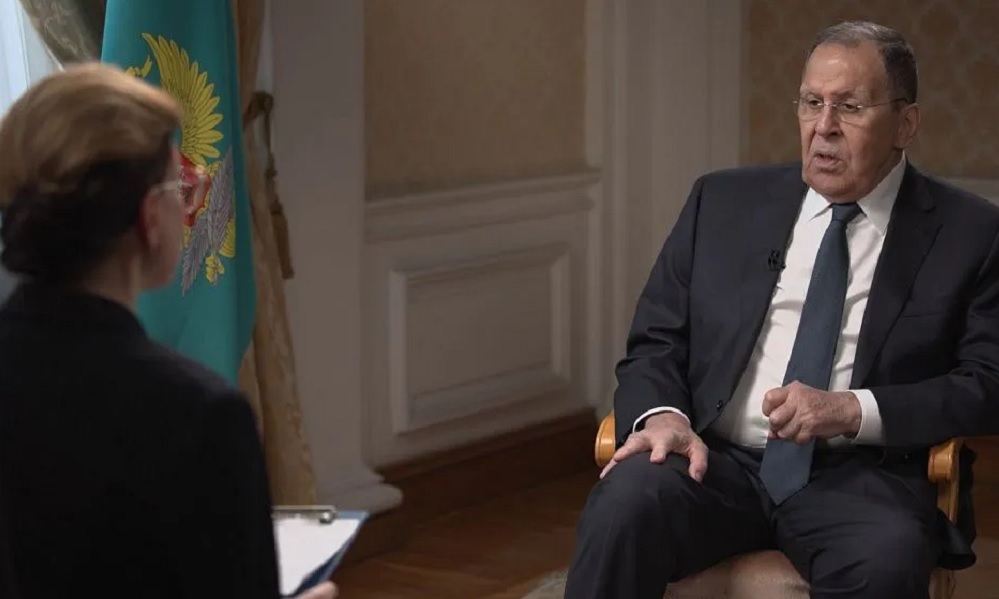
Terrorist activities continue to be observed along Afghanistan borders and along the India–Pakistan–Afghanistan corridor, Russian Foreign Minister Sergei Lavrov said in an interview published on Monday.
Speaking to Russia-based media outlet TV BRICS, Lavrov pointed to ongoing concerns in the Middle East, including its Asian regions.
He highlighted the importance of collaboration with India at the United Nations to advance a global counter-terrorism convention.
Lavrov stated that while the draft convention has already been prepared, consensus on its adoption has not yet been reached.
Russia has repeatedly expressed concern about militant threats from Afghanistan. The Islamic Emirate, however, has dismissed the concerns saying that it will not allow Afghanistan’s soil to be used against any country.
Latest News
Afghan border minister holds phone talks with Iran’s deputy foreign minister
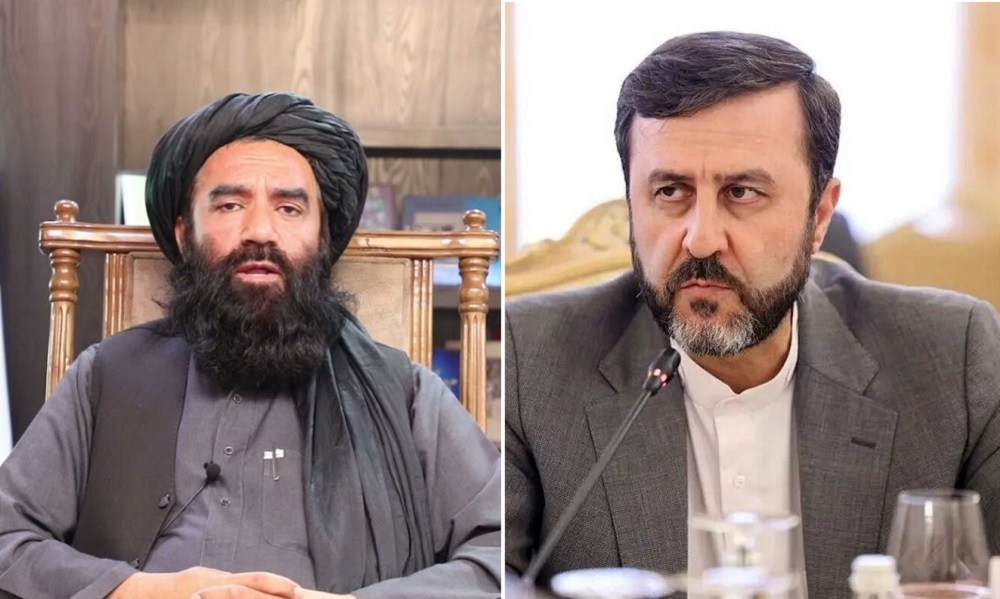
Noorullah Noori, Afghanistan’s Minister of Borders and Tribal Affairs, held a phone conversation with Kazem Gharibabadi, Iran’s Deputy Foreign Minister for Legal and International Affairs, to discuss bilateral border cooperation.
According to the Iranian news agency IRNA, both sides reaffirmed their commitment to strengthening border collaboration, with a particular focus on the ongoing renovation and updating of border markers. They also agreed to accelerate joint technical and legal meetings to enhance coordination.
As part of the agreement, the next meeting of senior border officials from Afghanistan and Iran is scheduled to take place in Iran in 1405 (2026–2027).
Latest News
OIC Kabul mission chief meets German envoy to discuss Afghanistan situation
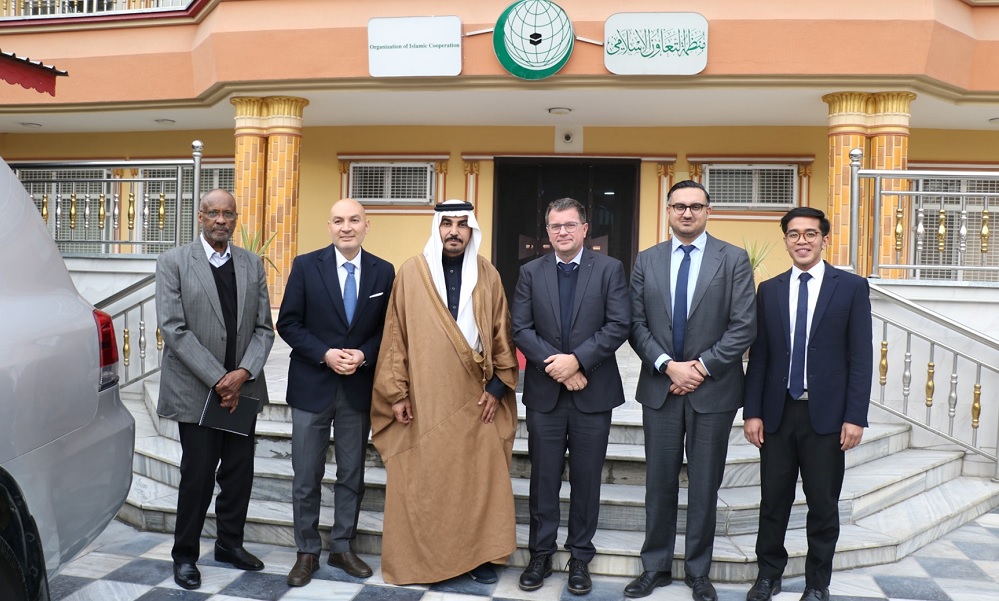
The Director General of the OIC Mission in Kabul, Mohammed Saeed Alayyash, met on Sunday with Rolf Dieter Reinhard, Head of the German Liaison Office for Afghanistan in Doha and Acting Chargé d’Affaires of the German Embassy in Afghanistan.
During the discussion, both sides exchanged views on the latest developments in Afghanistan. They focused on the security situation, as well as the humanitarian and economic conditions faced by the Afghan people.
The two officials also reviewed recent political developments and broader challenges in the country, highlighting the need for continued international engagement and support.
The meeting emphasized the importance of ongoing cooperation and coordination between the OIC Mission and the German side in addressing Afghanistan’s challenges and in supporting efforts to promote stability and improve the humanitarian situation.
-

 Latest News2 days ago
Latest News2 days agoAfghanistan to grant one- to ten-year residency to foreign investors
-

 Latest News4 days ago
Latest News4 days agoTerrorist threat in Afghanistan must be taken seriously, China tells UNSC
-

 Sport5 days ago
Sport5 days agoAfghanistan beat West Indies in final T20 WC warm-up match
-

 Sport3 days ago
Sport3 days agoIndonesia shock Japan to reach historic AFC Futsal Asian Cup final
-

 Sport4 days ago
Sport4 days agoMilano Cortina 2026 Winter Olympics: What You Need to Know
-

 Sport2 days ago
Sport2 days agoIran clinch AFC Futsal Asian Cup 2026 in penalty shootout thriller
-

 Latest News4 days ago
Latest News4 days agoUS Justice Department to seek death penalty for Afghan suspect in National Guard shooting
-

 Latest News2 days ago
Latest News2 days agoAfghanistan says Pakistan is shifting blame for its own security failures




